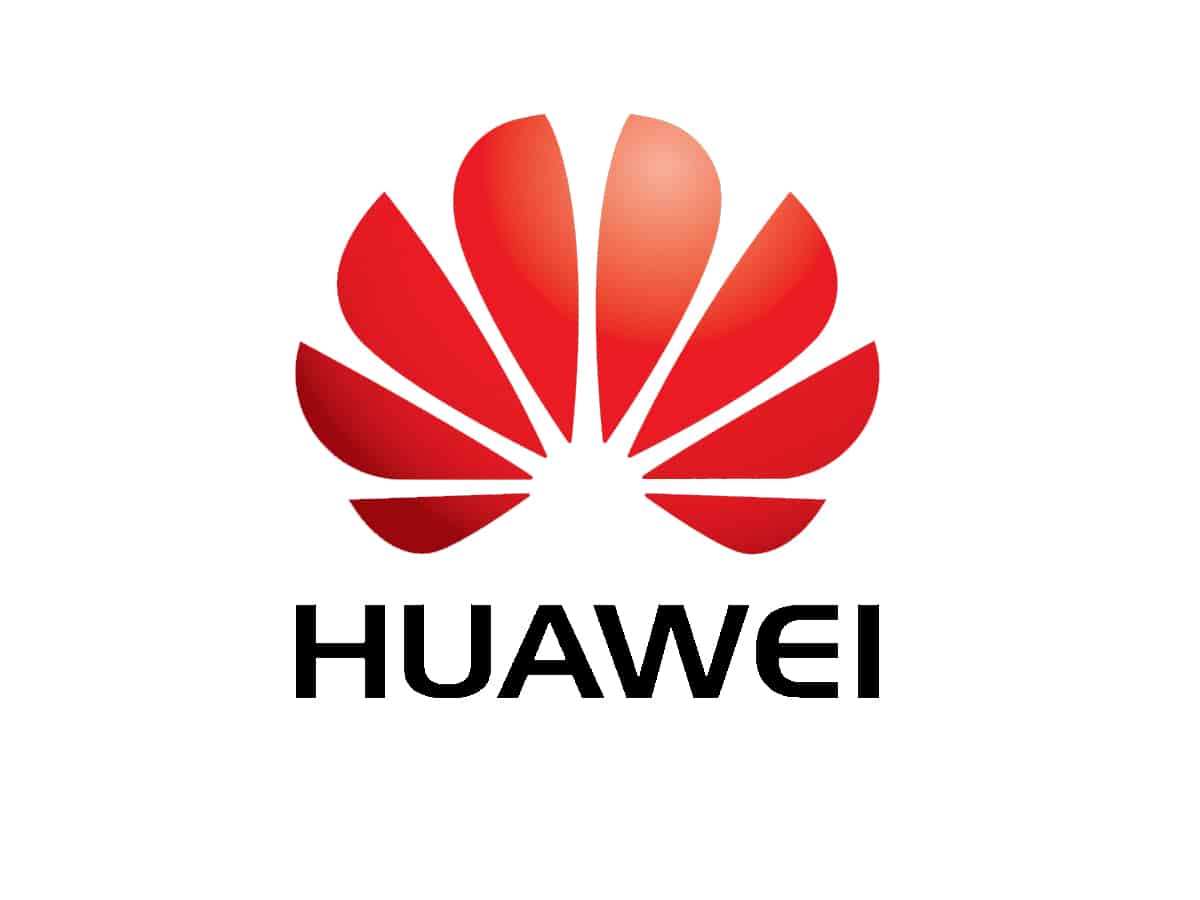Beijing: The China smartphone market saw a shipment of 87.8 million units during the second quarter, down 10.3 per cent (year-on-year) and Huawei continued to lead the market with 45.2 per cent share, a new IDC report said on Friday.
Xiaomi again came fourth with 10.4 per cent market share in Q2 and its growth “will still be largely dependent on its performance in the $150-250 segment”, according to the IDC ‘Quarterly Mobile Phone Tracker’.
Xiaomi garnered 9.1 per cent market share in Q1.
In China, more than 43 million 5G smartphones were shipped in Q2, with the weighted average selling price falling below $500.
“China was slowly recovering in the second quarter while other regions were fighting against the Covid-19 pandemic. This, in turn, allowed the Chinese vendors to expand their 5G product portfolio in their home market,” said Will Wong, Research Manager for Client Devices at IDC Asia/Pacific.
Huawei successfully targeted the $300-600 segment with its Huawei nova 7 and Honor 30 series, and enhanced its premium position with the Huawei P40 Pro series.
Vivo at second place with 17.1 per cent market share partnered with different 5G processor vendors in order to target various consumer segments at a different pricing.
“Furthermore, Vivo managed to reposition its mid-range X series as a high-end product, while the S and iQOO series continued to enhance its market positions in the offline and online channels respectively”.
At third place, OPPO with 16 per cent market share saw its ‘A’ and ‘Reno’ series being the volume driver.
In the OPPO’s 5G product lineup, its A92s model helped penetrate the $300-400 segment.
“Meanwhile, its Reno 4 series played an important role in strengthening its position in more than $400 segment. Each of these product series contributed more than a million units,” said the IDC report.
Apple with 8.3 per cent market share achieved positive growth from a year ago in both its shipments and market share.
The iPhone SE 2020 contributed 10 per cent of its overall shipments and helped to stimulate its shipments during its off-season, said the report.

